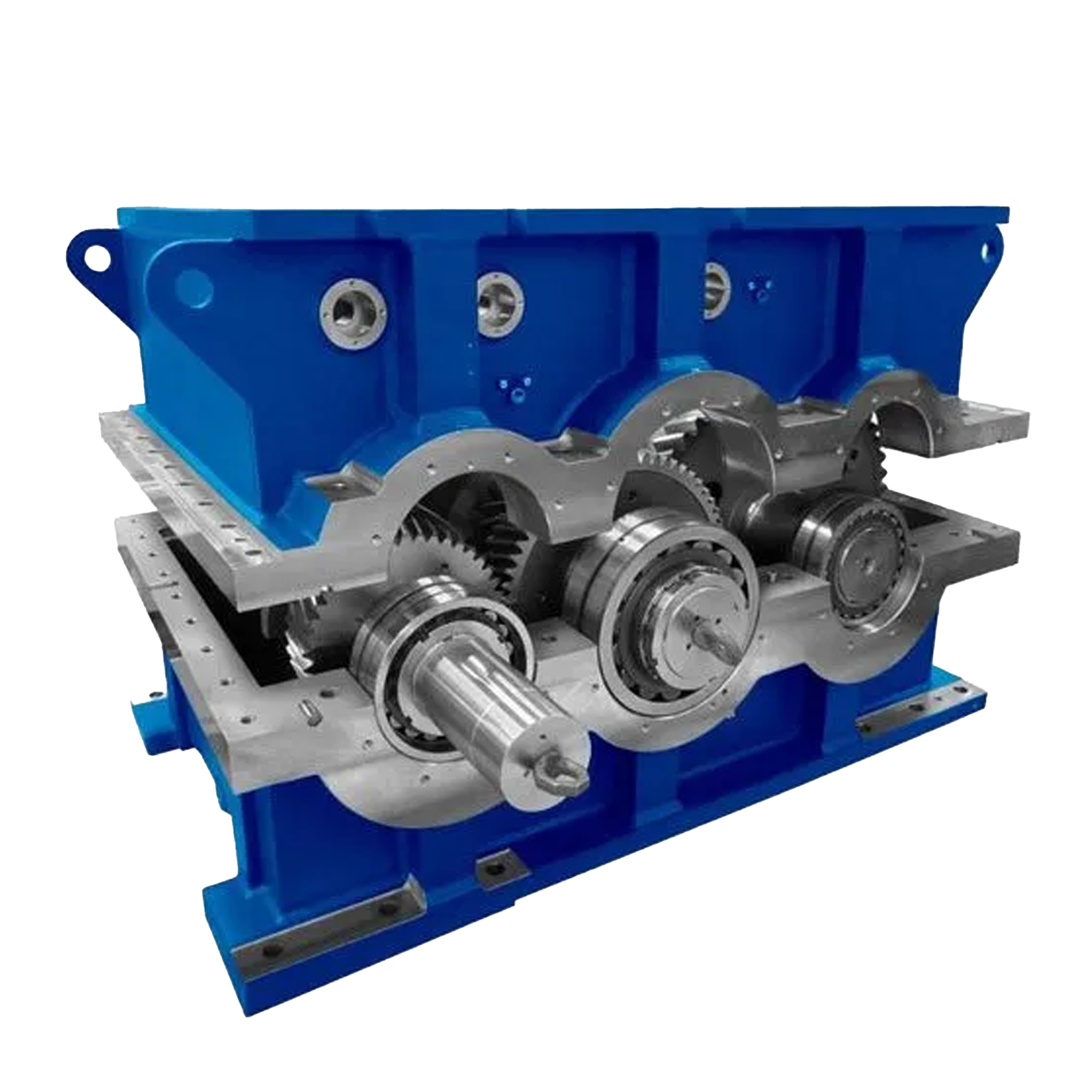Repairing Industrial Gearbox Failures: Common Causes and Solutions
Industrial gearboxes play a critical role in various industrial and manufacturing processes. Unfortunately, they are also prone to failure like any other mechanical component. Gearbox failure can lead to significant setbacks and cause interruptions in operations. This article will discuss the common causes of industrial gearbox failure and provide solutions for repairing them. By understanding the potential causes of failure and how to fix them, you can ensure your industrial gearbox operates efficiently and minimize downtime.
Lack of Lubrication
Insufficient lubrication is a prevalent cause of industrial gearbox failure, leading to increased wear and tear of gearbox components. A gearbox’s components require a steady supply of lubricant to function correctly and minimize friction, reducing the risk of damage. The lack of proper lubrication may result in bearing and gear damage and cause various other components to wear down, leading to complete gearbox failure. It is essential to make sure that the gearbox is routinely lubricated with the proper kind of oil or grease in accordance with the manufacturer’s recommendations in order to avoid this.
Overheating
Overloading, improper installation, and a lack of ventilation all contribute to overheating, the leading cause of failure in industrial gearboxes. Too much heat inside the gearbox can warp the gear teeth and ruin the bearings. To avoid this, make sure the gearbox is installed properly and that it stays within its safe operating temperature range. Gearbox overheating can be avoided with regular monitoring of the gearbox’s temperature and with adequate ventilation to remove excess heat.
Contamination
Industrial gearboxes are susceptible to serious damage from contamination, which is also one of the main reasons for their failure. Particles of dirt, debris, and other materials can get inside the gearbox, harming the parts and causing them to fail early. Furthermore, using the incorrect lubricant can lead to contamination that can harm the gearbox through chemical reactions. In order to avoid contamination, it is crucial to make sure that the gearbox is routinely cleaned and inspected. It’s also essential to use the proper lubricant because it can help prevent contamination and lessen the risk of gearbox component damage. Regular gearbox cleaning and inspection can help find any indications of contamination and address the problem before it seriously damages the gearbox.
Misalignment
Failure of industrial gearboxes is often caused by misalignment. It occurs when the gearbox’s parts are misaligned, putting undue pressure on the gears, bearings, and other essential components. If the gearbox isn’t aligned properly, it will make noise and, in extreme cases, it could seize. A misaligned gearbox can be the result of poor installation, vibration, or simple wear and tear. Fixing this problem requires constant checking and adjusting of the gearbox’s alignment after installation. The gearbox’s flange and coupling alignment can be checked, or laser alignment tools can be used. A properly aligned gearbox will last longer and require less maintenance if it is checked regularly.
Wear and Tear
The natural use of an industrial gearbox over time causes wear and tear, which is an inevitable cause of failure. Wear and tear on the gearbox’s components from constant use eventually causes the mechanism to stop working entirely. It is crucial to carry out regular maintenance checks on the gearbox and swap out any worn parts with brand-new, high-quality replacements to prevent this. Furthermore, the operating conditions of the gearbox should be monitored to prevent overloading, which can hasten wear and tear. Extending the gearbox’s lifespan and preventing sudden failures can be achieved through routine maintenance and monitoring.
Various factors, such as insufficient lubrication, overheating, contamination, misalignment, and wear and tear, can cause industrial gearboxes to malfunction. Correctly identifying the failure’s root cause is crucial in order to implement the best repair solution. Industrial gearboxes are highly dependent on routine maintenance, inspection, and repair in order to function at peak efficiency and last as long as possible. Taking these precautions will prevent the costly delays and downtime that gearbox failure causes in industrial operations.

